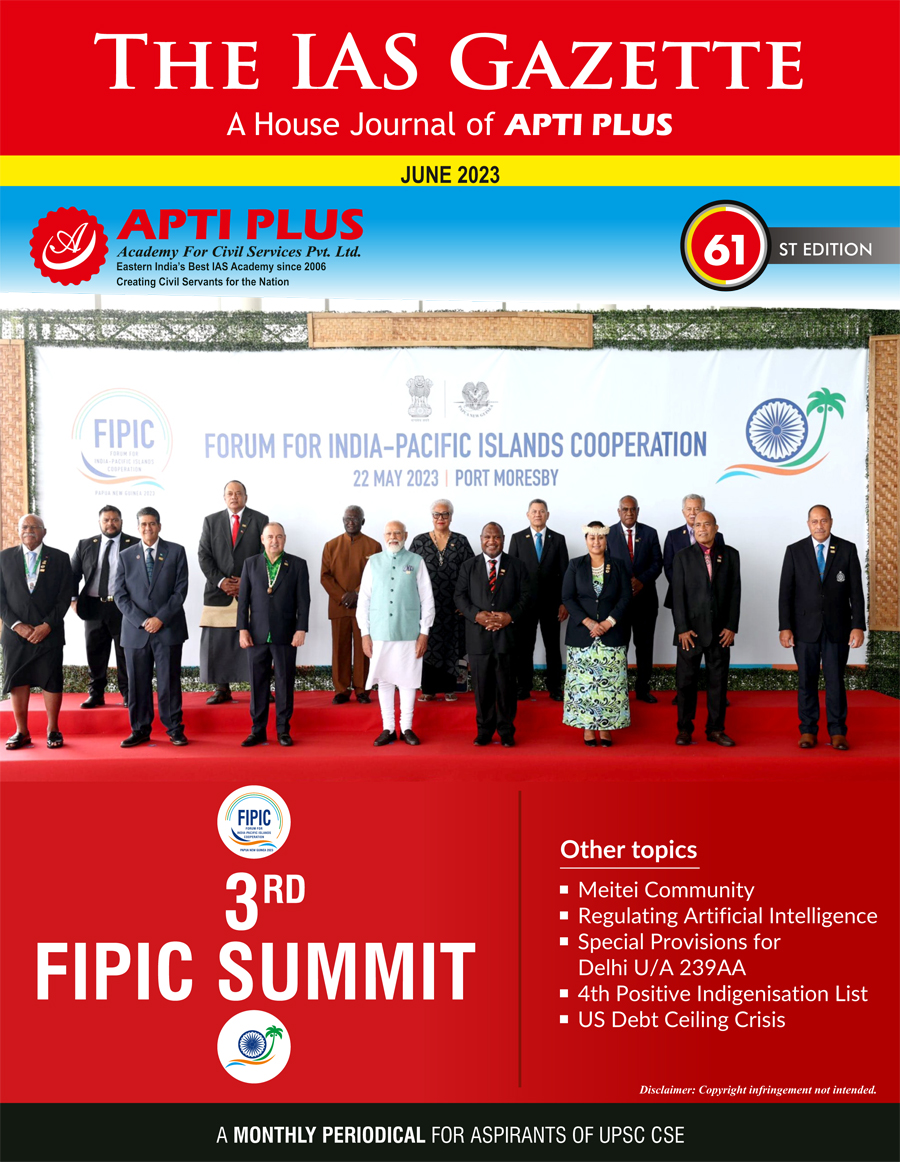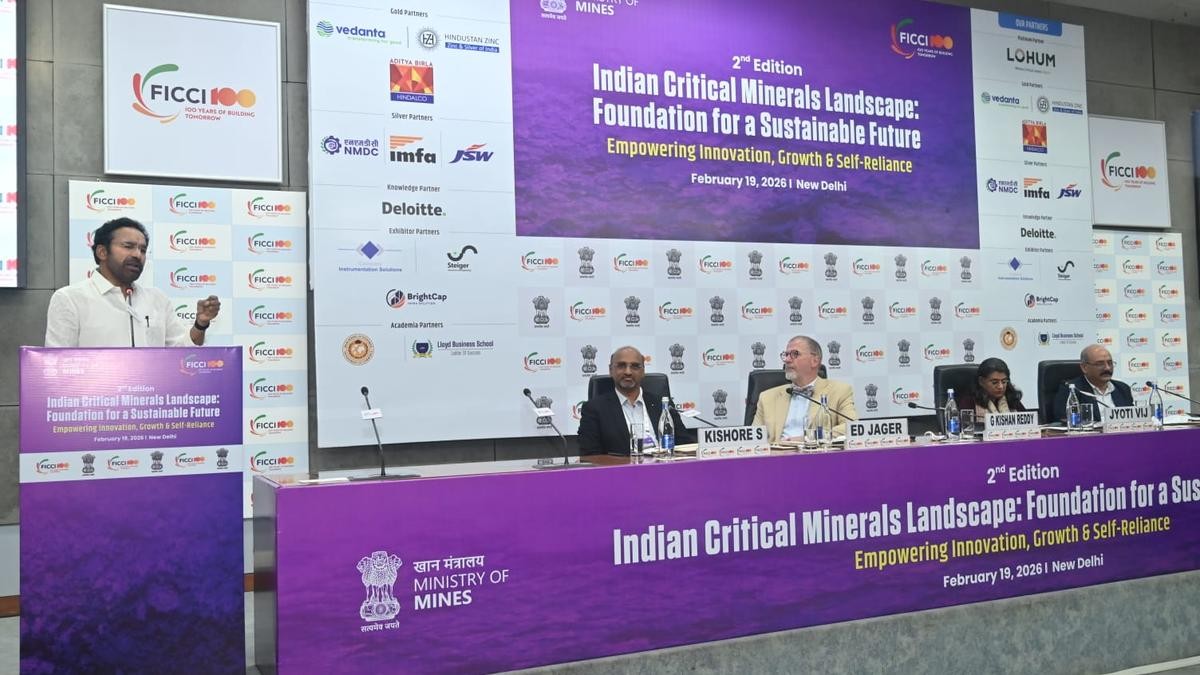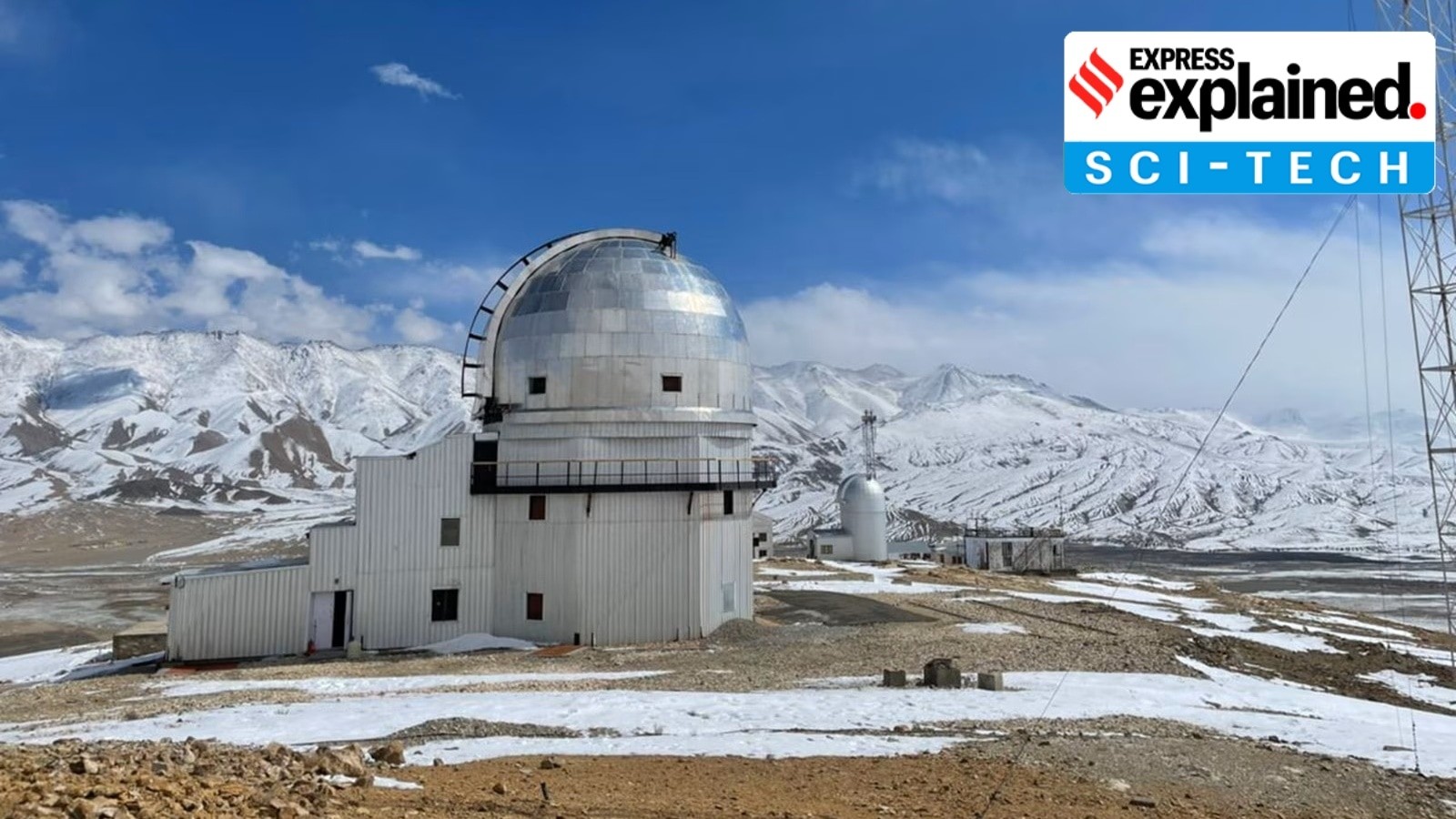Description

Disclaimer: Copyright infringement not intended.
Context
- Recently, a UN policy brief, For All Humanity —The Future of Outer SpaceGovernance, was released.
Highlights of the Policy Brief
Observations made
Conflict due to increasing number of satellites
- The number of satellite launches has shot up exponentially in the past decade after it stayed consistent from 1957-2012. In 2013, there were 210 new launches, which increased to 600 in 2019 and 1,200 in 2020 and 2,470 in 2022.
- Conflict could arise if countries do not agree on international principles on activities in the exploration, exploitation and utilisation of space resources. It could also lead to environmental degradation and cultural loss.
Space Traffic
- Currently, space traffic is coordinated by national and regional entities. Each has its own standards, best practices, definitions, languages and modes of interoperability. A lack of coordination among the entities could impact countries with less space capacity. They might find it hard to operate with limited space assets.
Space debris
- Space debris is another issue. More than 24,000 objects which are 10 centimetres or larger, about one million smaller than 10 cm and likely more than 130 million smaller than one cm have been recorded. Objects as small as a chip of paint, travelling at more than 28,000 kilometres per hour, can cause significant damage to spacecraft. T
- Technology to remove space junk is being developed. But the UN highlights that there are important legal issues to consider, including jurisdiction, control, liability and responsibility for environmental pollution in space for present and future generations.
Armed Conflict
- Any satellite is capable of manoeuvring purposefully into another and destroying it. This would significantly increase the potential for space debris and the compromising of critical civilian infrastructure, disrupting communications, observation and navigation capabilities vital to the global supply chain. Ignoring these challenges could increase risks to humanity.

Recommendations
- The United Nations (UN) has recommended a new treaty for ensuring peace and security as well as preventing an arms race in outer space.
- The negotiations should lead to the development of international norms, rules and principles to address threats to space systems.
- The brief also recommended “a combination of binding and non-binding norms” to address emerging risks to outer space security, safety and sustainability.
- The brief takes stock of the ongoing changes in outer space and assesses how they impact present and future governance.
- The UN has called for additional frameworks to prevent an armed conflict in outer space and the weaponization of outer space.
- The UN recommended an effective framework for coordinating space situational awareness, space object manoeuvres and space objects and events.
- They also urged member states to develop norms and principles for space debris removal that consider the legal and scientific aspects of space debris removal.
- As for space resource activities, they propose an effective framework for sustainable exploration, exploitation and utilisation of the Moon and other celestial bodies.
Existing treaties
Committee on the Peaceful Uses of Outer Space
- In 1959, the United Nations established the Committee on the Peaceful Uses of Outer Space to review and enable international cooperation in the peaceful uses of outer space.
Prohibition of testing nuclear weapons in outer space
- In 1963, countries agreed to prohibit testing nuclear weapons in outer space; in 1977, the prohibition of altering the space environment as a weapon was agreed upon.
Guidelines, Frameworks, and Recommendations
- More recently, member states have set up a series of guidelines, frameworks and recommendations on issues such as mitigation of space debris, nuclear power source safety, the long-term sustainability of outer space activities and transparency and confidence-building measures in outer space activities.
MUST-READ ARTICLES:
SPACE SUSTAINABILITY: https://www.iasgyan.in/daily-current-affairs/space-sustainiability
SPACE DEBRIS: https://www.iasgyan.in/daily-current-affairs/space-debris-28
|
PRACTICE QUESTION
Q. Consider the following statements:
1. NASA launched a low Earth orbit robot prototype called ‘NEO-01’ that can scoop up space debris left behind by other spacecraft with a big net.
2. The United Nations Committee on the Peaceful Uses of Outer Space (COPUOS) 2019 adopted a set of 21 voluntary, binding guidelines to ensure the long-term sustainability of outer space activities.
Which of the above statements is/are true?
(a) Only 1
(b) Only 2
(c) Both 1 and 2
(d) Neither 1 nor 2
Correct Answer: (d) Neither 1 nor 2
Read the Articles given in the links to reach the answer.
|

https://www.downtoearth.org.in/news/science-technology/un-recommends-new-treaty-to-ensure-peace-security-in-outer-space-89777












